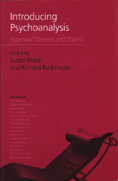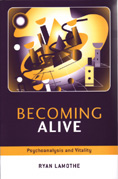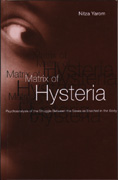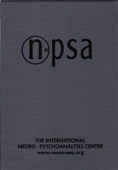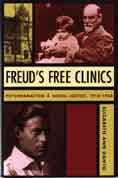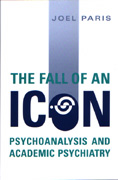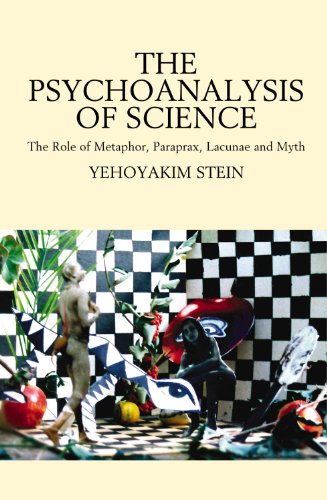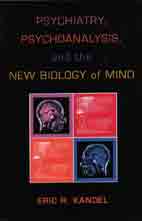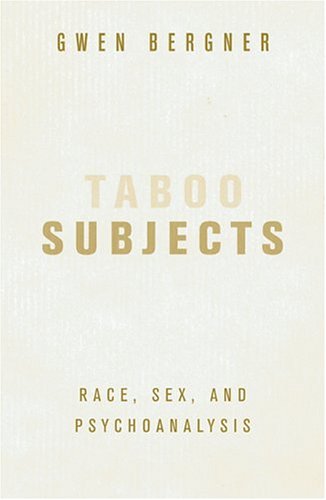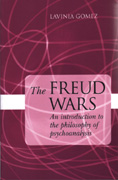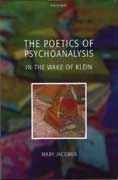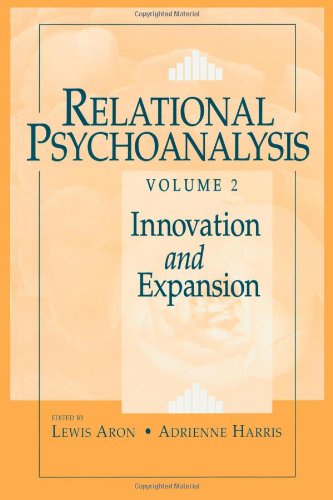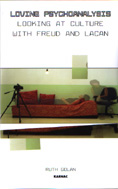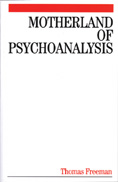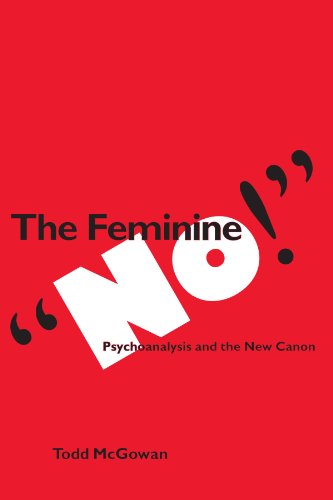Search results for "psychoanalysis"
Couple and Family Psychoanalysis Journal (2024 Concessionary Subscription)
Couple and Family Psychoanalysis Journal is an international journal sponsored by Tavistock Institute of Medical Psychology , which aims to promote the theory and practice of working with couple and... (more)
Couple and Family Psychoanalysis Journal (2024 Institutional Print Subscription)
Couple and Family Psychoanalysis Journal is a new international journal sponsored by the Bristish Society of Couple Psychotherapists and Counsellors, the Professional Association of the Tavistock... (more)
Couple and Family Psychoanalysis Journal (2024 Institutional Online Subscription)
Couple and Family Psychoanalysis Journal is a new international journal sponsored by the Bristish Society of Couple Psychotherapists and Counsellors, the Professional Association of the Tavistock... (more)
Couple and Family Psychoanalysis Journal (2024 Institutional Print + Online Subscription)
Couple and Family Psychoanalysis Journal is an international journal sponsored by Tavistock Institute of Medical Psychology , which aims to promote the theory and practice of working with couple and... (more)
Lacanian Psychoanalysis: Revolutions in Subjectivity
Jacques Lacan's impact upon the theory and practice of psychoanalysis worldwide cannot be underestimated. Lacanian Psychoanalysis looks at the current debates surrounding Lacanian practice and... (more)
Couple and Family Psychoanalysis: Volume 1 Number 1
Couple and Family Psychoanalysis Journal is an international journal sponsored by The Tavistock Institute of Medical Psychology, and aims to promote the theory and practice of working with couple and... (more)
Couple and Family Psychoanalysis: Volume 1 Number 2
Couple and Family Psychoanalysis Journal is an international journal sponsored by The Tavistock Institute of Medical Psychology, and aims to promote the theory and practice of working with couple and... (more)
Introducing Psychoanalysis: Essential Themes and Topics
Introducing Psychoanalysis brings together leading analysts to explain what psychoanalysis is and how it has developed, providing an overview of the wide variety of psychoanalytic ideas that are... (more)
Becoming Alive: Psychoanalysis and Vitality
Becoming Alive draws on the Winnicottian idea of transitional objects, and puts forward the argument that human beings relate to and use objects in order to generate experiences of 'being alive'. (more)
The Matrix of Hysteria: Psychoanalysis of the Struggle Between the Sexes as Enacted in the Body
The current diversity in psychoanalytic theories of hysteria h confused our understanding of the concept. Matrix of Hysteria offers a new perspective, which draws on previous theories to present a... (more)
4th International Neuro-Psychoanalysis Congress DVD (PAL Format)
4-disc DVD box-set of the First Education Day held during the 4th International Neuro-Psychoanalysis Congress in New York in July 2003. PAL format is compatible in all regions except North America.... (more)
4th International Neuro-Psychoanalysis Congress DVD (NTSC Format)
4-disc DVD box-set of the First Education Day held during the 4th International Neuro-Psychoanalysis Congress in New York in July 2003. NTSC format is compatible in North America. For PAL format see... (more)
Freud's Free Clinics: Psychoanalysis and Social Justice 1918-1938
Today many view Sigmund Freud as an elitist whose psychoanalytic treatment was reserved for the intellectually and financially advantaged. However, in this new work Elizabeth Ann Danto presents a... (more)
Is It Too Late?: Key Papers on Psychoanalysis and Ageing
This book brings together a selection of classic psychoanalytical papers related to ageing, dying and death that have appeared in the renowned International Journal of Psychoanalysis (IJP). Two... (more)
Relational and Intersubjective Perspectives in Psychoanalysis
This volume is the first concentrated effort to offer a philosophical critique of relational and intersubjective perspectives in contemporary psychoanalytic thought. The distinguished group of... (more)
The Fall of an Icon: Psychoanalysis and Academic Psychiatry
Over the last few decades, academic psychiatry has undergone a revolution. After the Second World War, most department chairs were psychoanalysts who belonged to separate institutes, not subject to... (more)
Fair Sex, Savage Dreams: Race, Psychoanalysis, Sexual Difference
In Fair Sex, Savage Dreams, Jean Walton examines the work of early feminist psychoanalytic writing to decipher it in the unacknowledged yet foundational role of race. Focusing on the 1920s and 1930s,... (more)
Psychoanalysis of Science: The Role of Metaphor, Paraprax, Lacunae and Myth
By systematically deconstructing and analysing scientific texts for irrational unconscious motivations, new scientific associations can be produced. Four categories are suggested as guidelines for... (more)
Developmental Science and Psychoanalysis: Integration and Innovation
As a discipline, psychoanalysis began at the interface of mind and brain and has always been about those most basic questions of biology and psychology: loving, hating, what brings us together as... (more)
Psychiatry, Psychoanalysis, and the New Biology of Mind
Reflects the author's evolving view of how biology has revolutionized psychiatry and psychology and how potentially could alter modern psychoanalytic thought. (more)
9/11 as a Collective Trauma and Other Essays on Psychoanalysis and Society
This collection of essays tells of the psychic structure of suicide bombers and the psycho-political causes and consequences of the Iraq war, considers the psychological meaning of 9/11 for the world... (more)
Curious Intimacy: Art and Neuro-psychoanalysis
The subject of the application of neuroscience to psychoanalysis is a growing one which aims to give a new perspective on the future for psychoanalysis. A Curious Intimacy will have great appeal for... (more)
Taboo Subjects: Race, Sex, and Psychoanalysis
Interrogates the intersection of gender and racial subjectivity in American culture. In American literature, a traumatic scene of racial and sexual awakeningfrequently involving photographs, mirrors,... (more)
Secrets of the Soul - A Social and Cultural History of Psychoanalysis
Traces the origins and development of psychoanalysis, from the Enlightenment through the twentieth century, in social, economic, and cultural perspectives. (more)
Freud Wars: An Introduction to the Philosophy of Psychoanalysis
How can psychoanalytic thinking be justified? The Freud Wars offers a comprehensive introduction to the crucial question of the justification of psychoanalysis. No specialised knowledge is assumed,... (more)
Poetics of Psychoanalysis: In the Wake of Klein
"The Poetics of Psychoanalysis: In the Wake of Klein" explores the literary aspects of the twentieth-century psychoanalytic tradition that has come to be known as British Object Relations... (more)
Relational Psychoanalysis: Volume 2: Innovation and Expansion
A volume of reprints of previously printed articles. Part I: Therapeutic Action D. Ehrenberg, The Intimate Edge in Therapeutic Relatedness (1974) J. Slochower, Holding: Something Old and Something... (more)
Loving Psychoanalysis: Looking at Culture with Freud and Lacan
Psychoanalysis was neither a product of philosophy nor of academic study. Rather, psychoanalysis was born in the clinic. Freud took his lead from hysterical women; the accounts of their pain,... (more)
The Feminine No!: Psychoanalysis and the New Canon
Attempts to understand recent changes in the canon of American literature through the aid of psychoanalytic theory.
The Feminine "No!" sheds new light on the recent culture wars and debates... (more)









